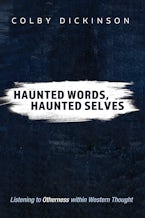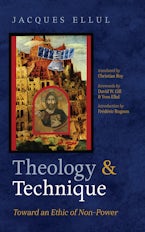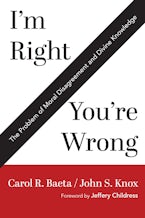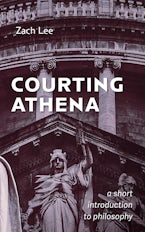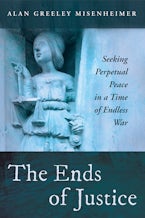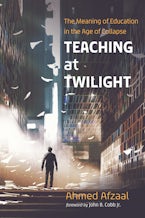- Home
- Veritas
- philosophy
- Wealth of Persons
Wealth of Persons
Economics with a Human Face
Foreword by David Walsh
Series: Veritas
Imprint: Cascade Books
Thomas Piketty's Capital in the Twenty-First Century initiated a great debate not just about inequality but also regarding the failures found in the economic models used by theoreticians and practitioners alike. Wealth of Persons offers a totally different perspective that challenges the very terms of the debate. The Great Recession reveals a great existential rift at the core of certain economic reflections, thereby showing the real crisis of the crisis of economics. In the human sciences we have created a kind of "Tower of Babel" where we cannot understand each other any longer. The "breakdowns" occur equally on the personal, social, political, and economic levels. There is a need for an "about-face" in method to restore harmony among dissociated disciplines.
Wealth of Persons offers a key to such a restoration, applying insights and analysis taken from different economic scholars, schools of thought, philosophical traditions, various disciplines, and charismatic entrepreneurs. Wealth of Persons aims at recapturing an adequate understanding of the acting human person in the economic drama, one that measures up to the reality. The investigation is a passport allowing entry into the land of economic knowledge, properly unfolding the anthropological meaning of the free economy.
John McNerney is head chaplain at University College Dublin. Author of John Paul II: Poet and Philosopher (2004), he is also an occasional lecturer to undergraduate and graduate students in the fields of business ethics and philosophy. He has given talks at various international conferences in North America, Europe, and Asia, and is a member of the national Economy of Communion commission in Ireland.
"John McNerney's Wealth of Persons is an amazing tour de force--his focus on the human person in economics not only opens up economics for the nonprofessional economist, it's a bracing exposition of the philosophy of the human person, all the more impressive when seen immersed in economic action. By focusing on the Austrian and the later Bologna schools' insistence on the role of the entrepreneur he critiques, on the one hand, an economy overfocused on profit and, on the other, Marx's (and later Piketty's) misreading of economics as a struggle between capital and labor. It should be required reading for all students (and teachers) of economics as well as of applied philosophical anthropology."
--Brendan Purcell, Adjunct Professor at the School of Philosophy and Theology, University of Notre Dame Australia, Sydney
"This book is a welcome addition to the field of Catholic social teachings and more generally to the debate over the use of economics and its limits . . . The author aims to explain the 'crisis' in economics and in the economy without blaming the usual suspects, especially human greed. This research program is sorely needed, especially coming from someone outside of the field of economics."
--Frederic Sautet, Associate Professor of Economics at the Catholic University of America
"McNerney . . . is not afraid to suggest that theological and metaphysical issues are needed to put the right limits on economics. And he shows how this might be done without undermining the integrity of the discipline itself--indeed, how such issues flow out of the discipline and its activities among real [persons] acting together . . . What McNerney is really getting at is a placing of economics in its true place, with the realization that the acting person also has a transcendent destiny that is really why he is doing anything at all in the first place, as Augustine said."
--Professor James V. Schall, Retired Professor of Political Philosophy in the Department of Government at Georgetown University


